INQUIRY
Using curiosity, creativity and collaboration to make a difference!

INQUIRY
Using curiosity, creativity and collaboration to make a difference!
Inquiry 2024
It has been very exciting to join the team here at Newlands and get back into the classroom. I'm keen to get the students outside each session, connect them more deeply with their surrounds, tap into experts in our community, and make a tangible difference to our school grounds, for both biodiversity and wellbeing.
Please check out this form in the hope that you have some experience that could help the inquiry projects for the1/2s or 3/4s: https://forms.office.com/r/zUEtcGZn4S
What we've all done together to warm up (1/2 & 3/4) - sparking and valuing curiosity!
I have now seen all of the 1/2 classes at least once - some of them twice - and all of the 3/4 classes. In the first day with each class, we got to know each other (well, I got to know them and learn their names with a Nature Name circle activity, to test my memory) and we reflected on what helps us to be the best learners we can be. Then we warmed up our curious, inquiring minds with some intriguing images and a thinking routine. You might like to look at some other intriguing images and go through the thinking routine together, at home - it's a lot of fun being curious! This is the image that we used for The Collective, with many other images being used for The Builders.
Year 1/2
The focus of our 1/2 specialist inquiry program this year will be on "The Secret Life of our School" with the aim being to make our school a better home for more creatures - something that almost every student has indicated that they'd like to do. Just a couple of students expressed concern about bee stings, but were otherwise on board.
Students were very enthusiastic about our nature hunt, searching for evidence of the creatures with whom we share our school. Students could record their findings however they chose to. I noticed students writing, drawing, counting, keeping tallies, or doing a combination of two or more of these. Later, we brainstormed ideas about how we could make our school a better home for more creatures. Ideas ranged from addressing the issues of litter, to planting more flowers and trees, providing water for habitat (ponds, bird baths), calming corners in nature for creatures and for kids, and much more. We'll return to these ideas in the second session to start fleshing them out further.
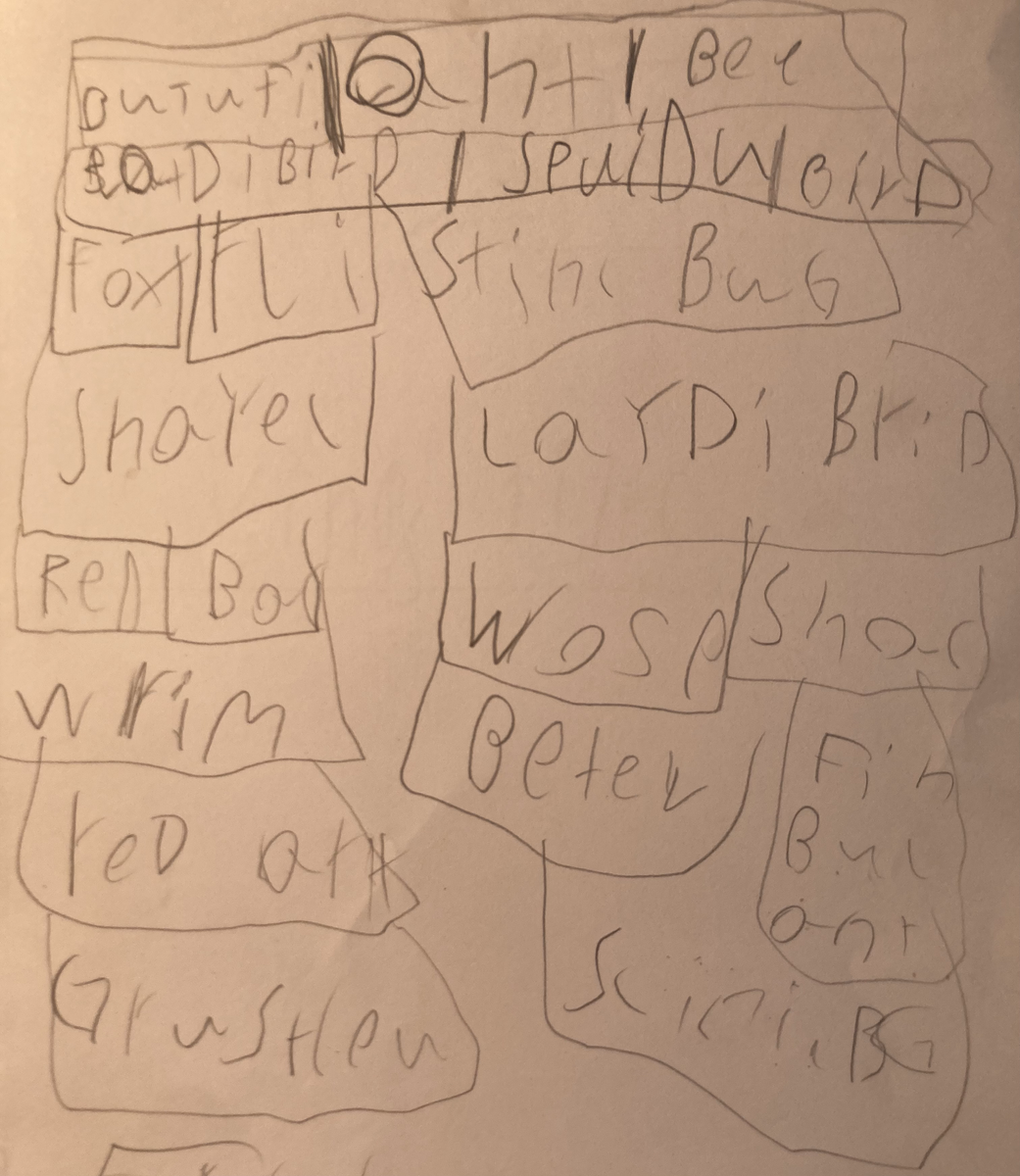
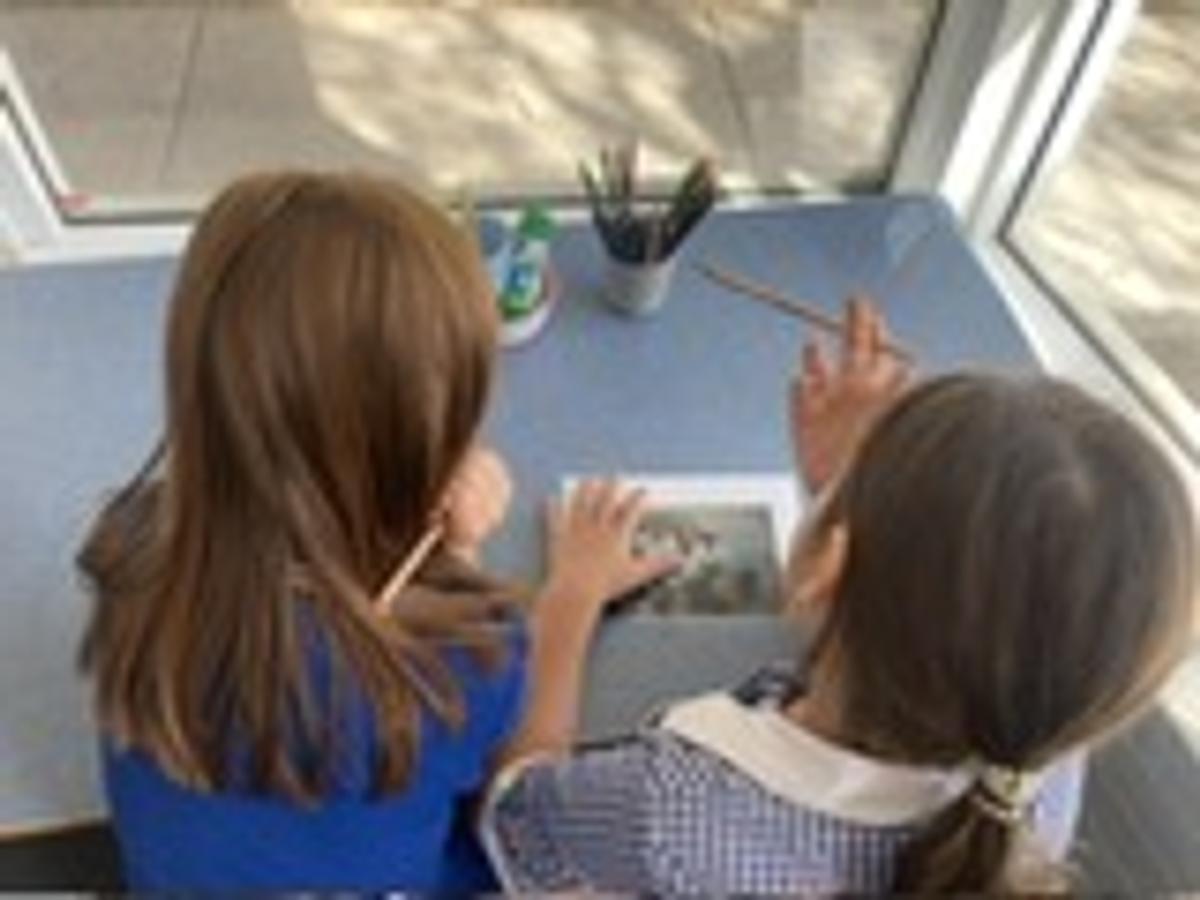
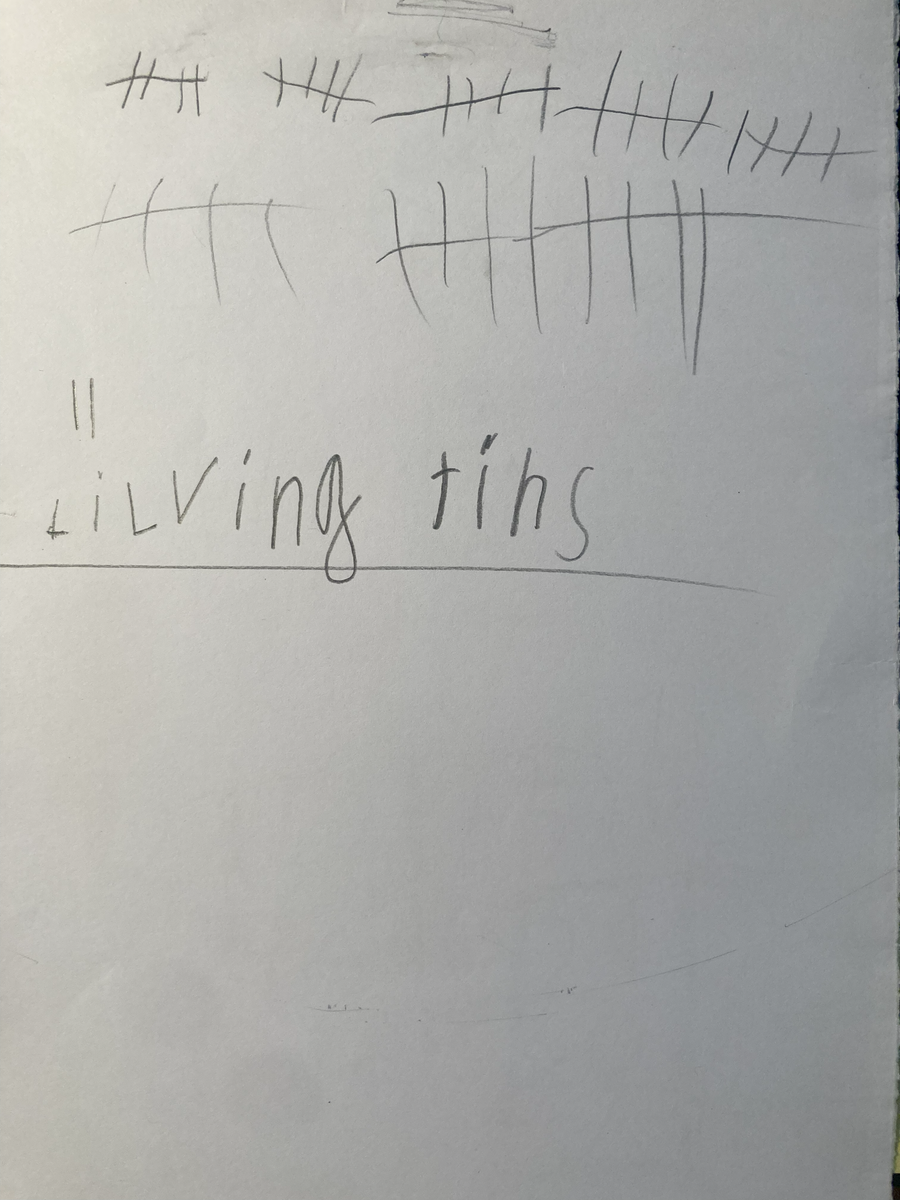
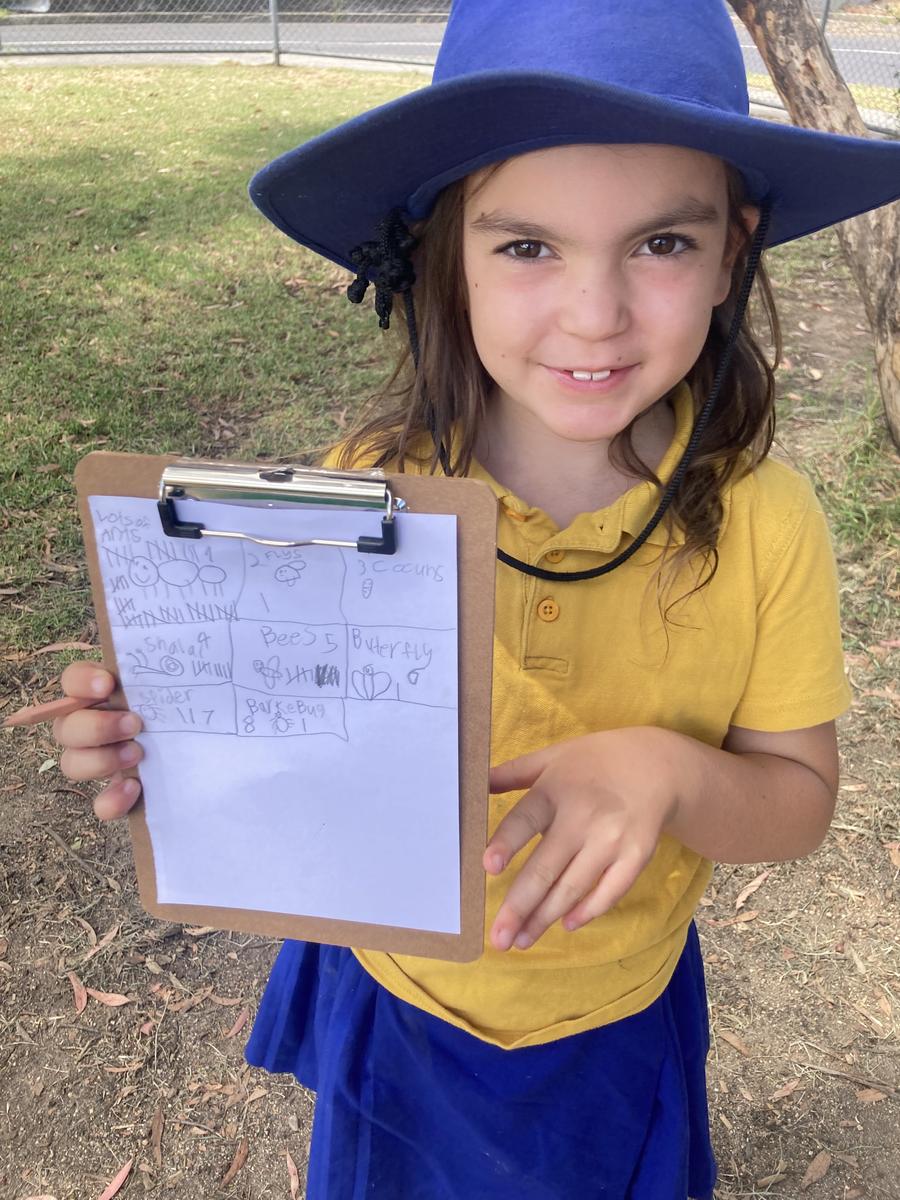
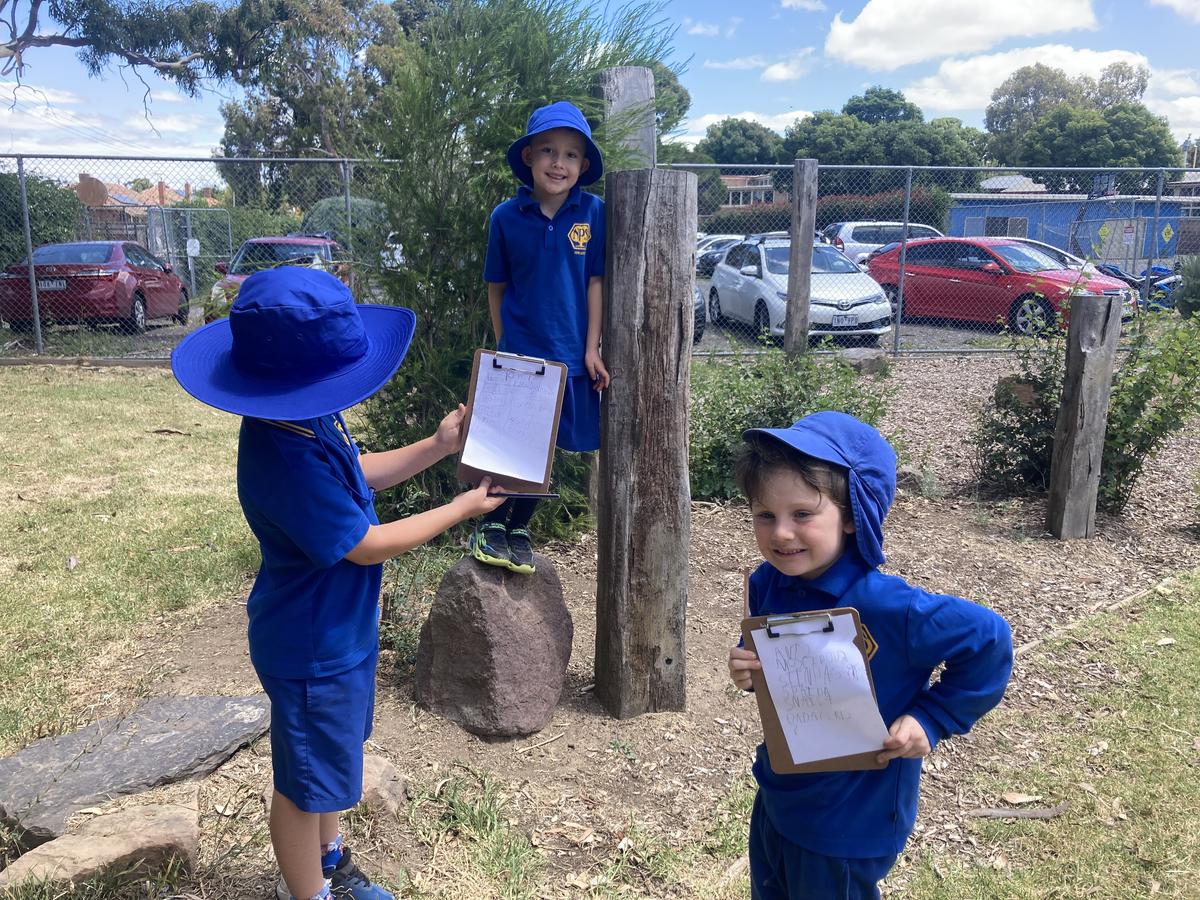
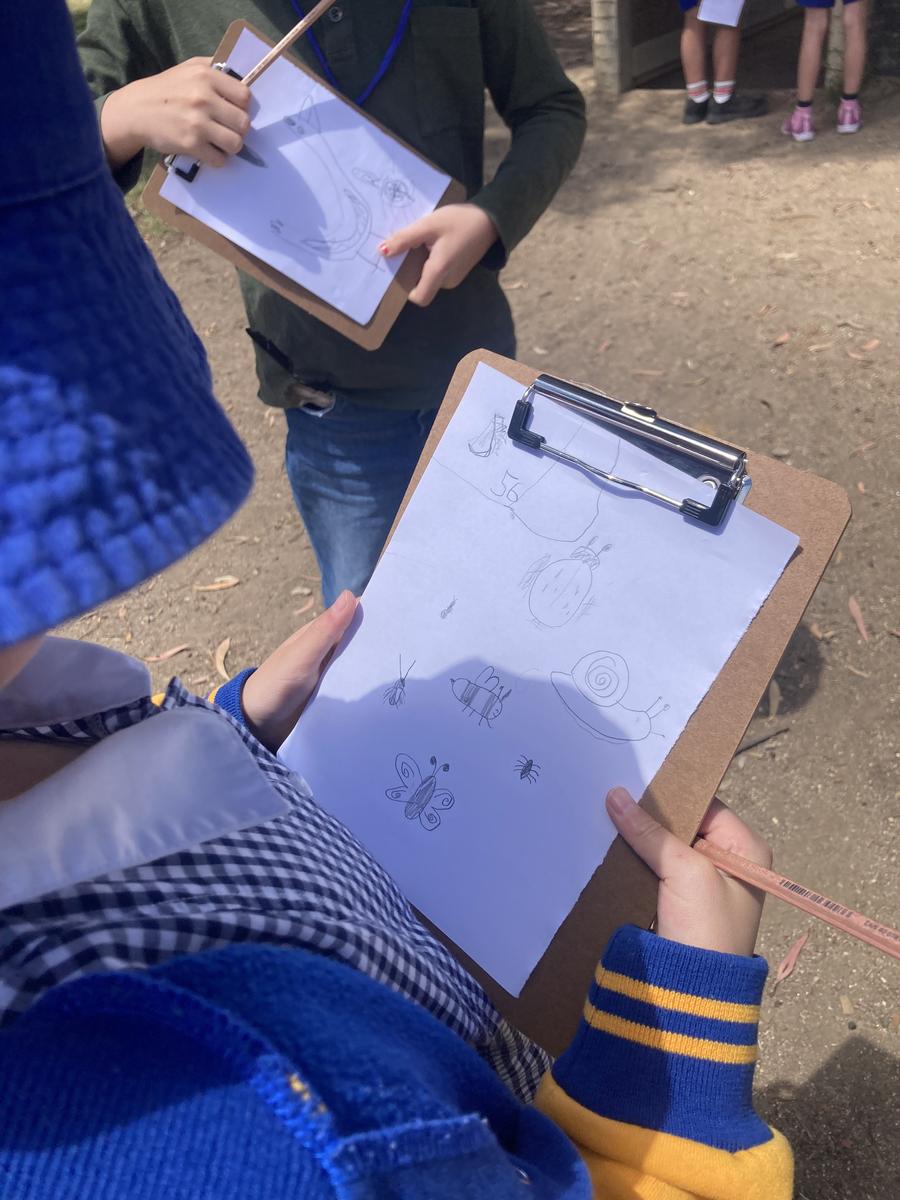
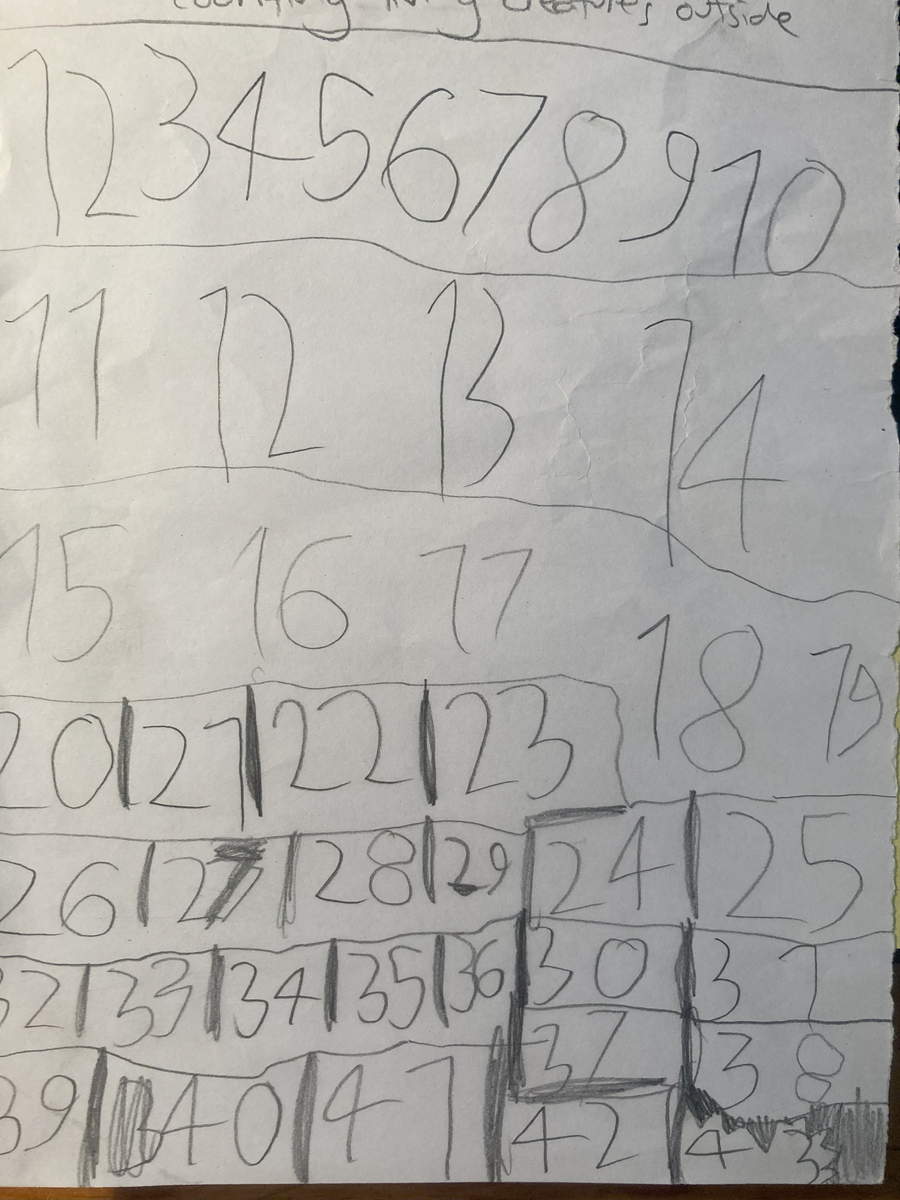
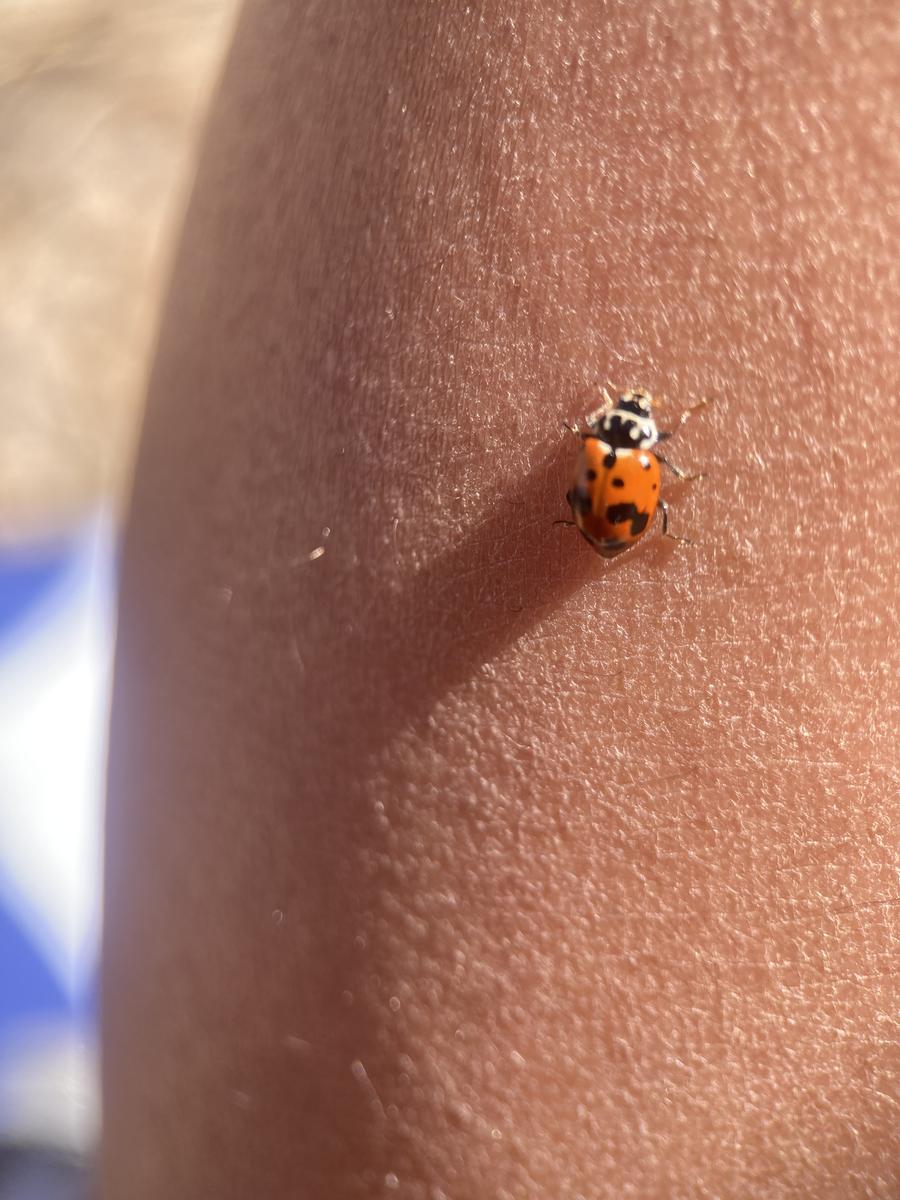
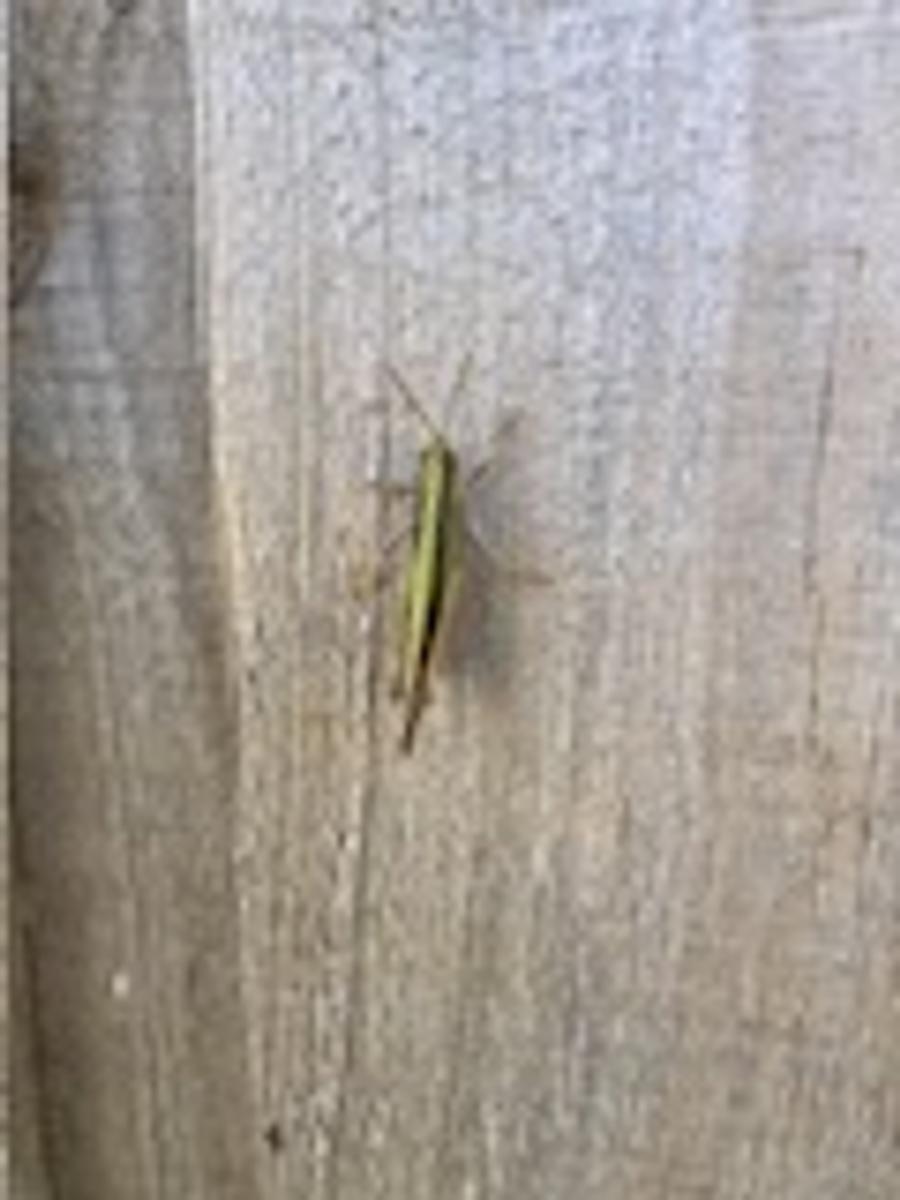
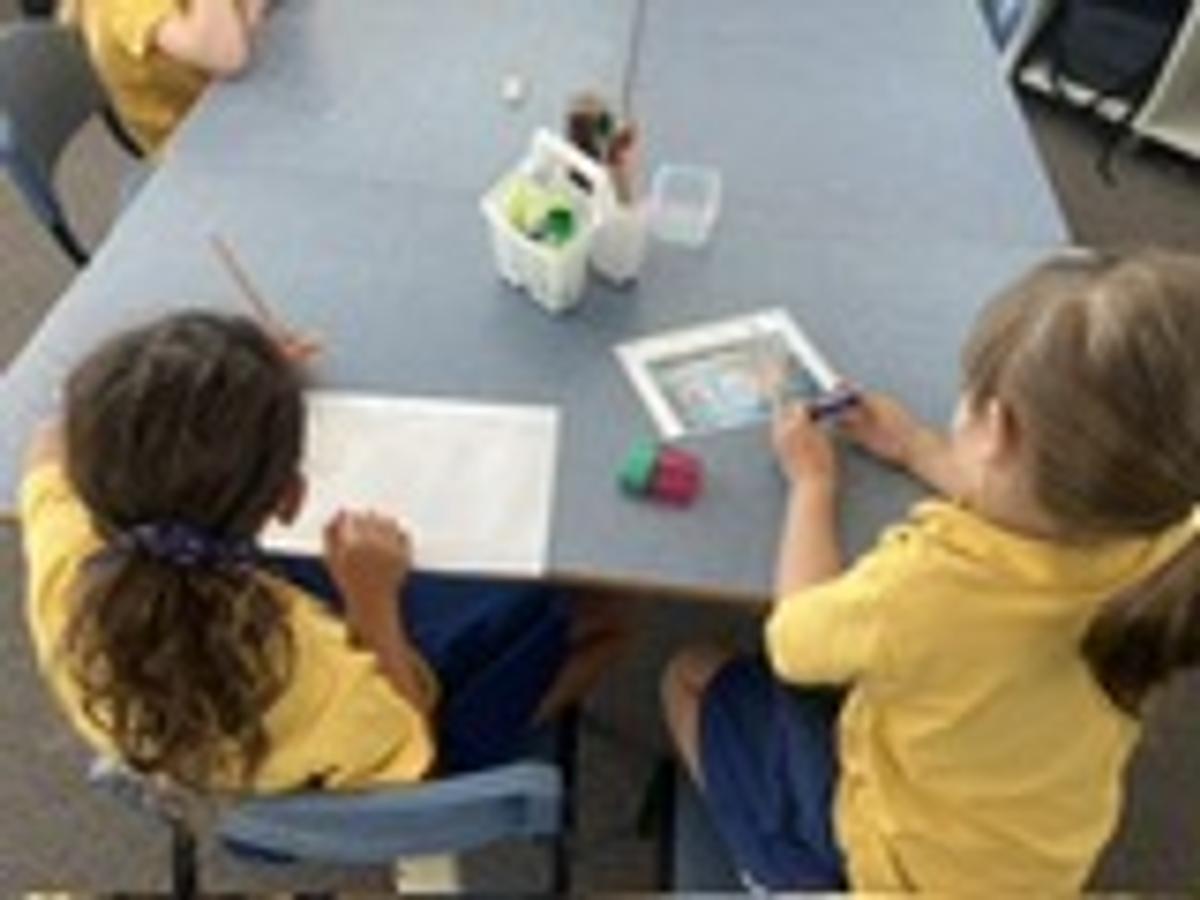
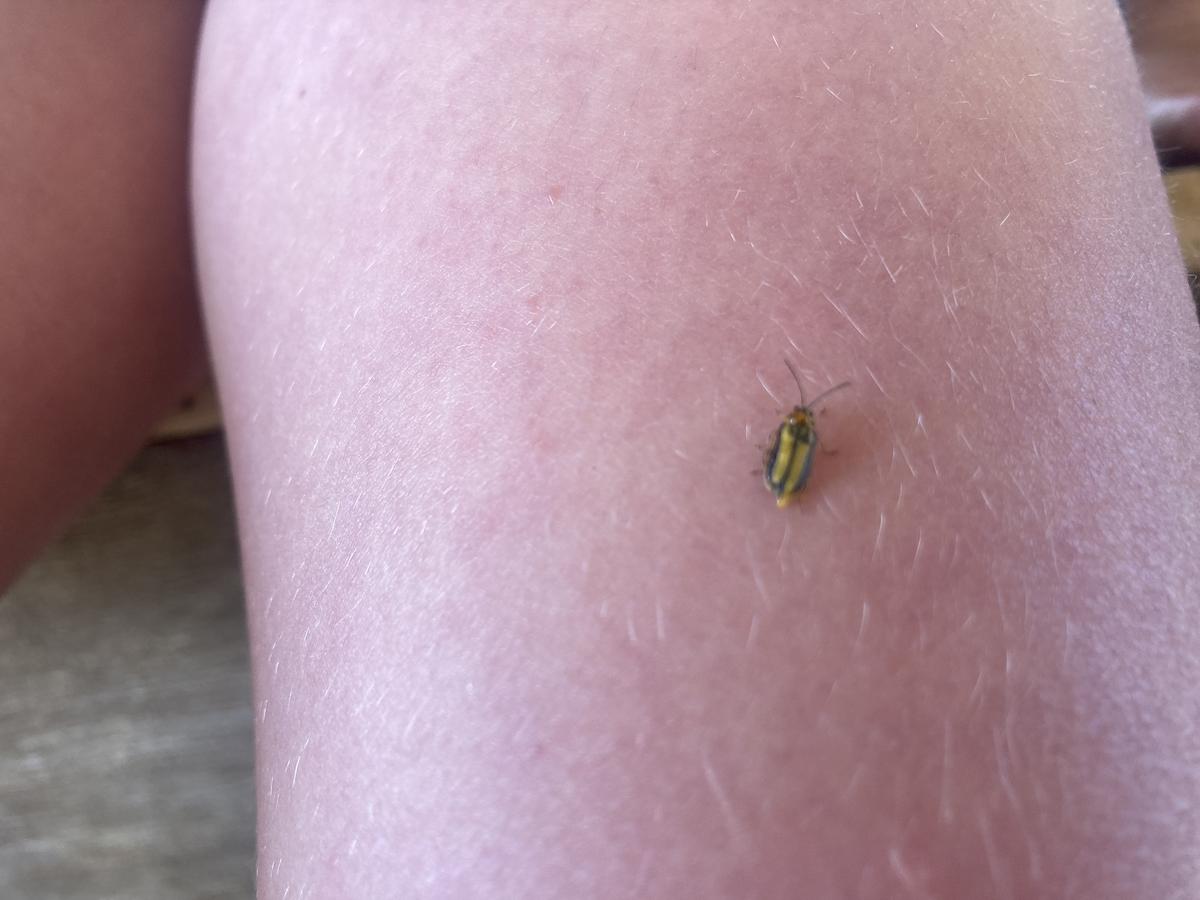
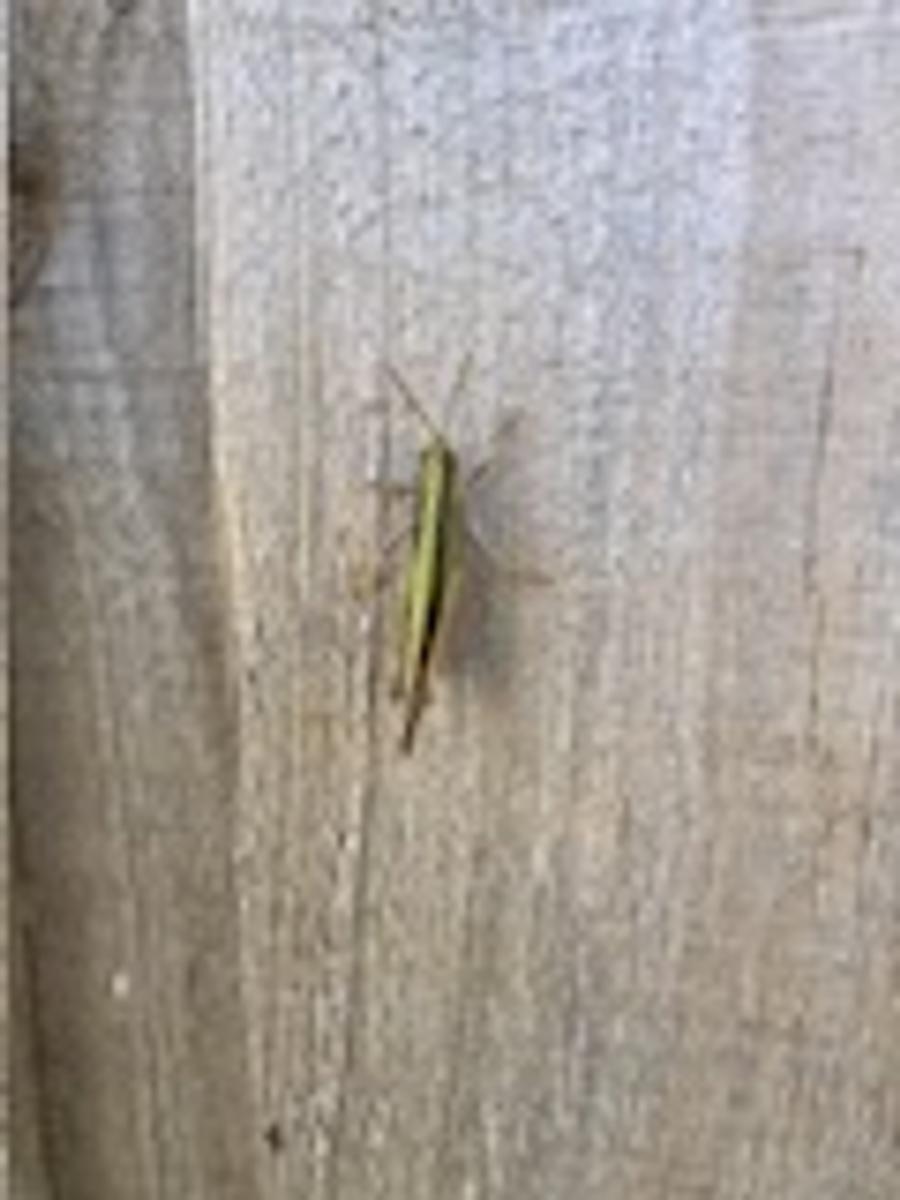
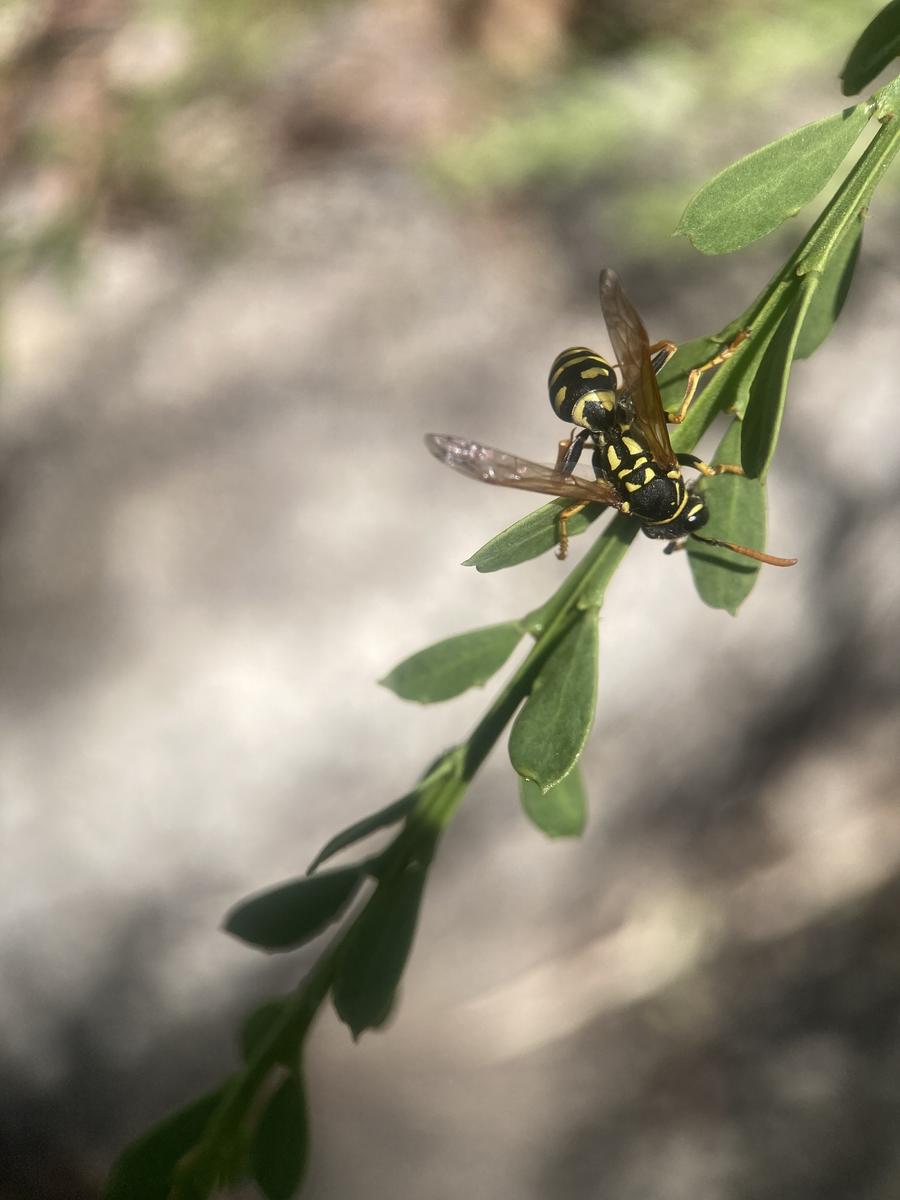













Year 3/4
The focus of our inquiry program this year is on the connections between our school grounds and our wellbeing, or Zones of Regulation. Students surveyed our school grounds, making on maps how they tend to feel in the various locations around our school. We identified the places that most commonly support us to feel calm and happy (in the green zone) and which areas tend to cause some issues that lead us to feeling worried, anxious, and other challenging emotions. Students then reflected on what they'd do if they were the principal for the week, and responses ranged from creating more spaces for nature to nurture our wellbeing ("Making it more relaxing and putting more nature in such as gardens and birds, because everyone will be happier which puts people in the green zone which makes people be nice and calm"), to improving the litter situation and the toilets (noting that it's often student behaviour that causes many of the issues), to improving the soccer pitch and having more breaks to get the wriggles out. This brief summary does not do justice to the breadth and depth of students' thinking! We'll return to these ideas to flesh them out further in our second session together.
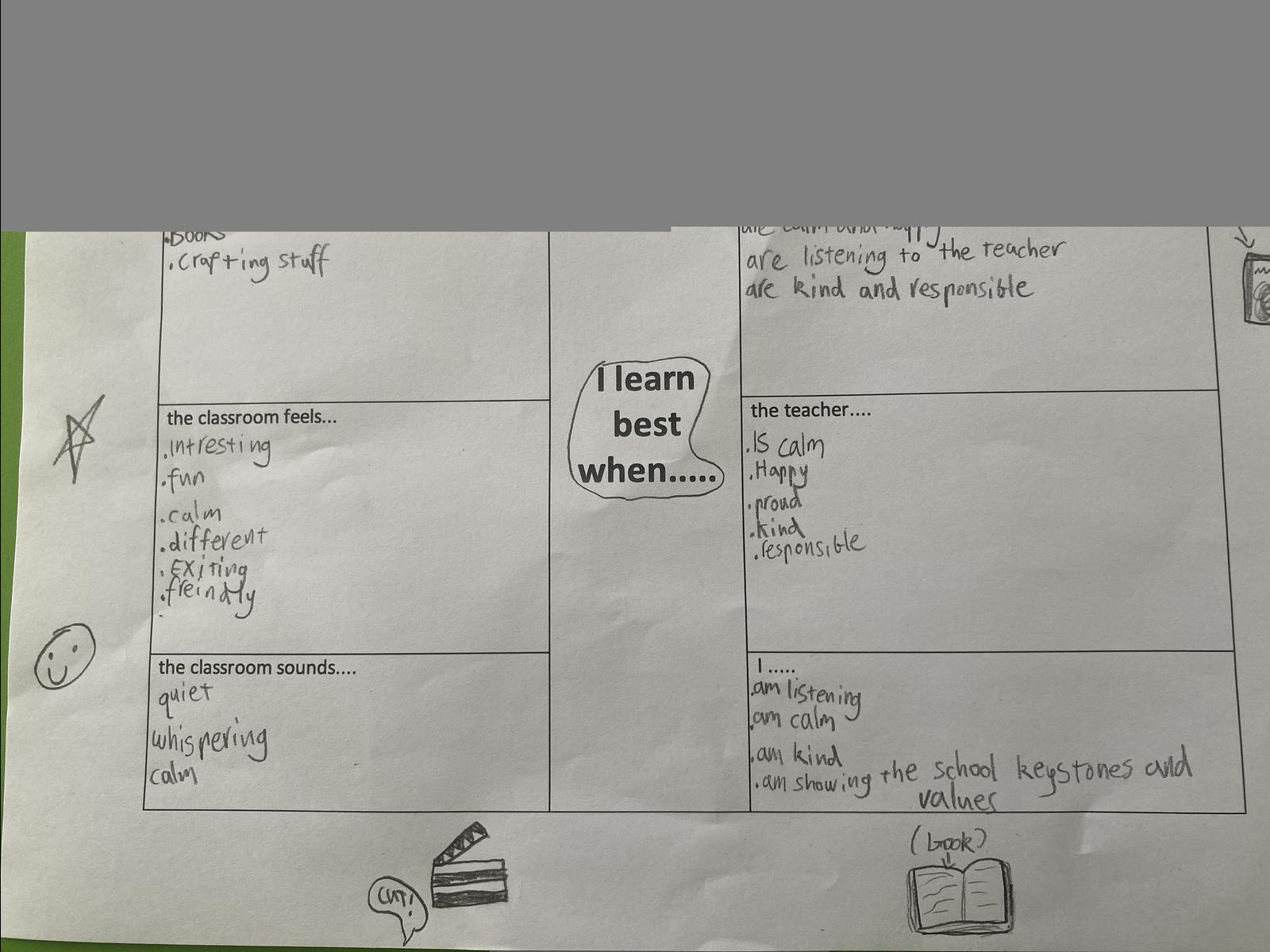
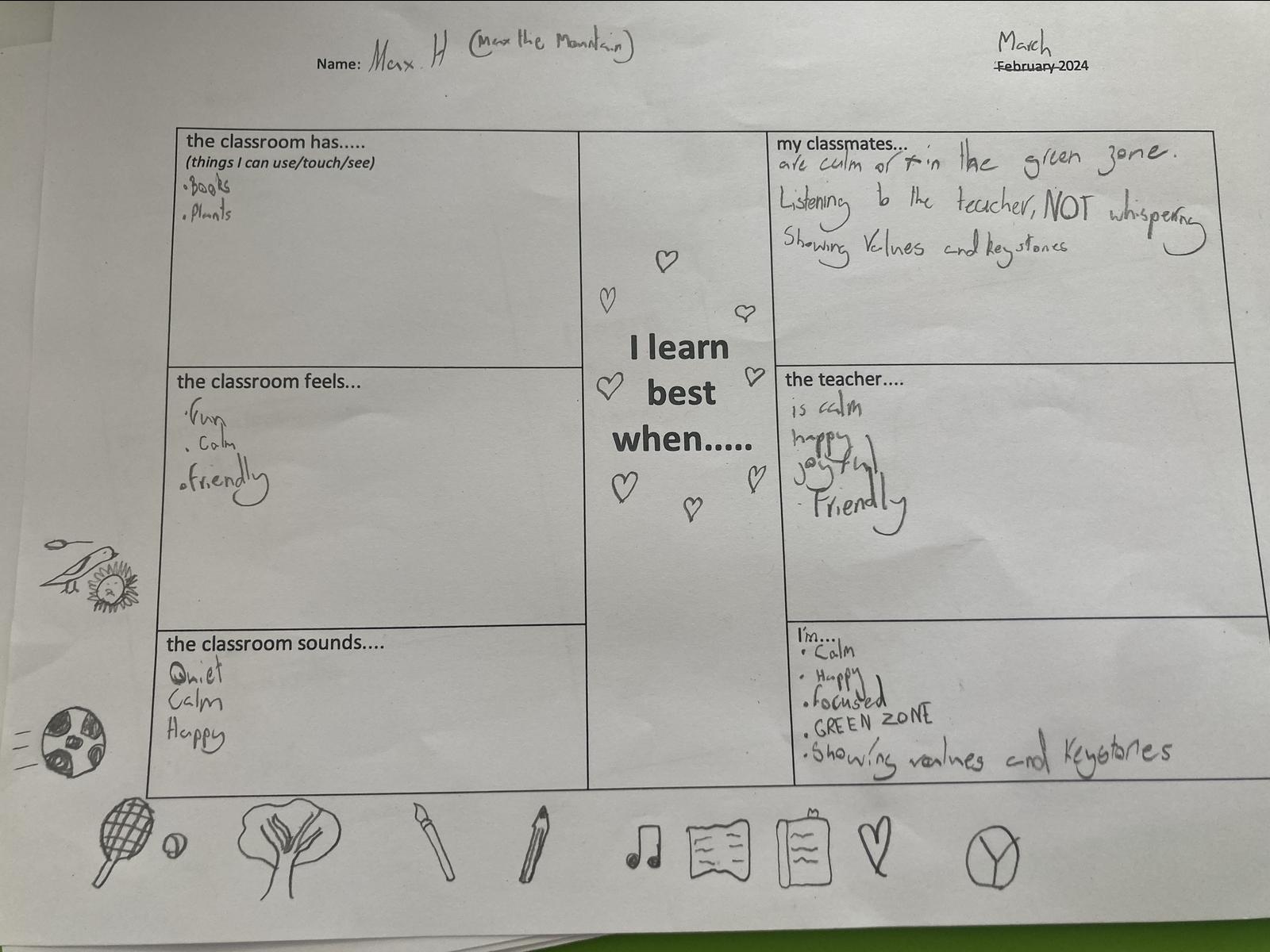
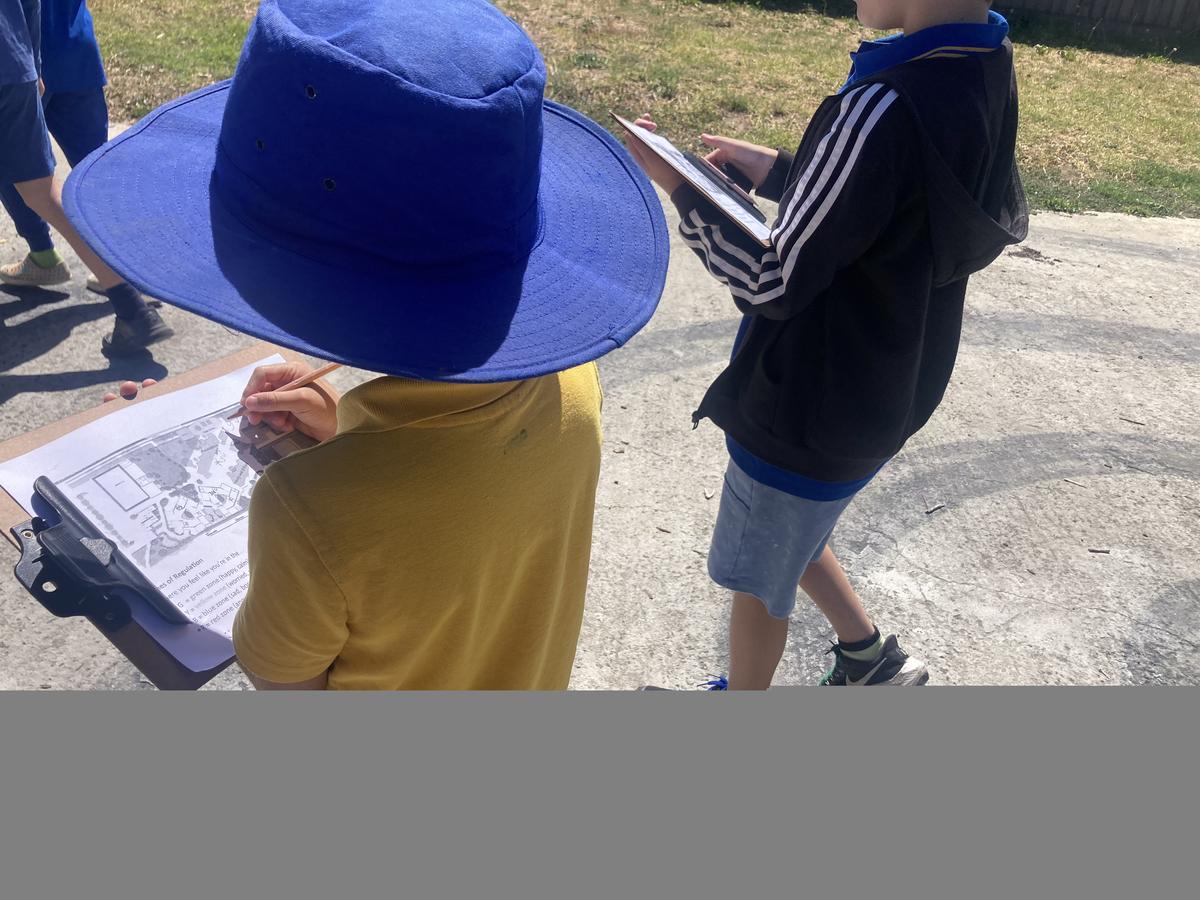
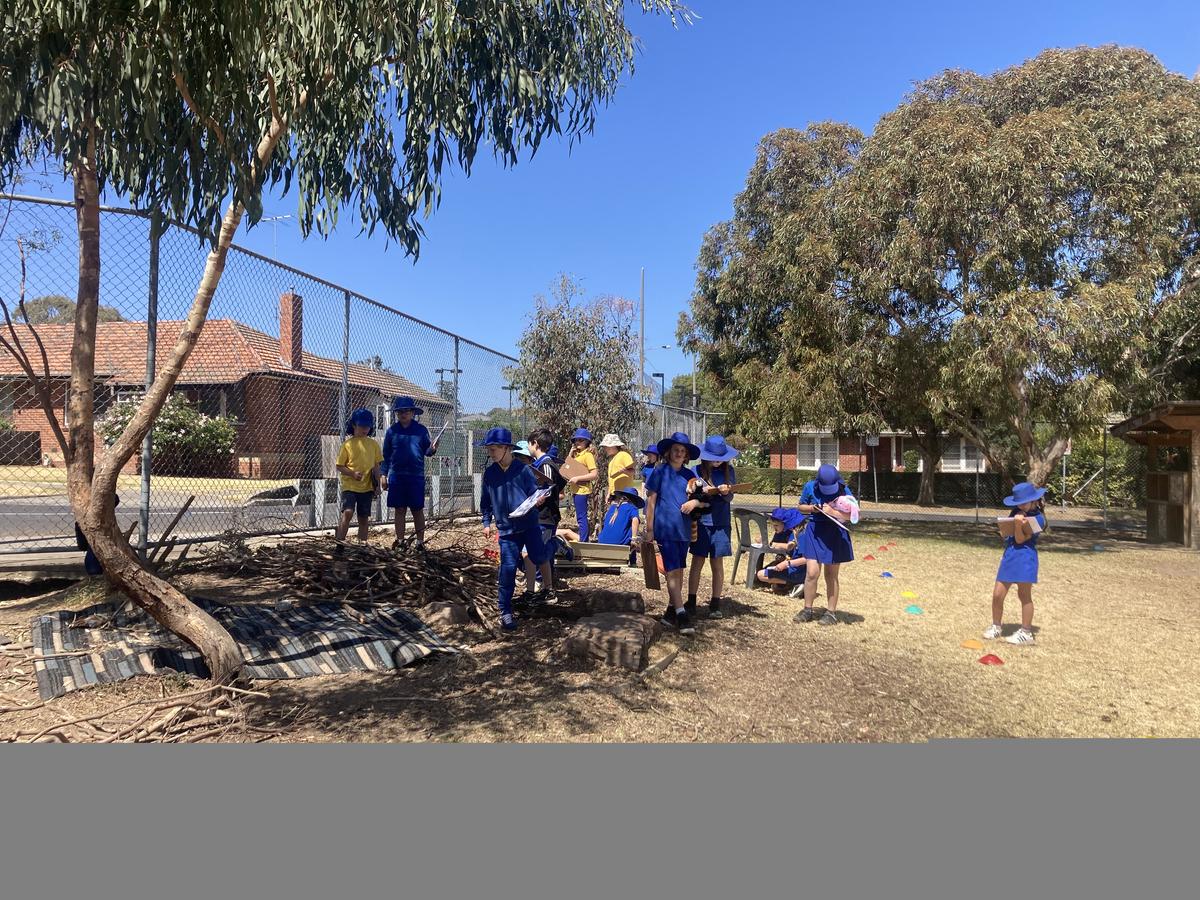
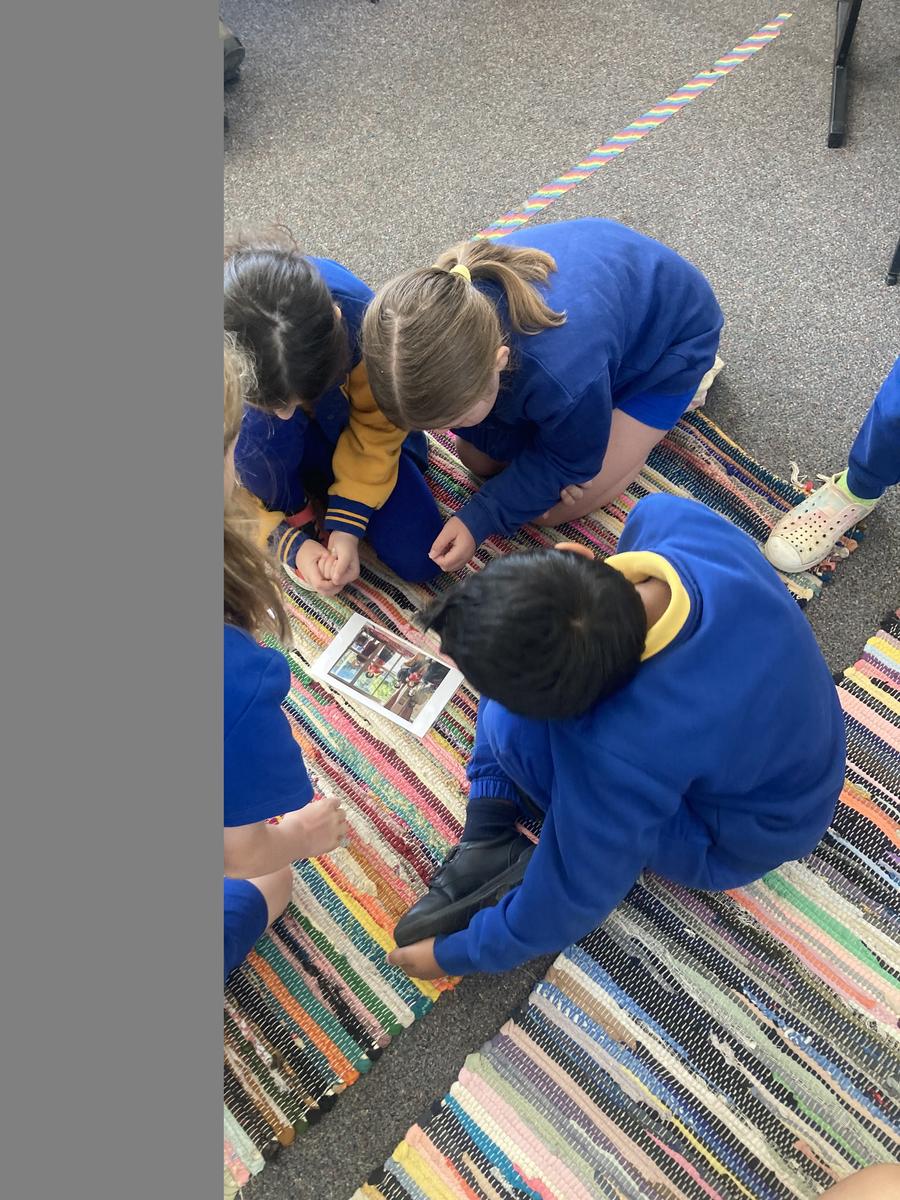
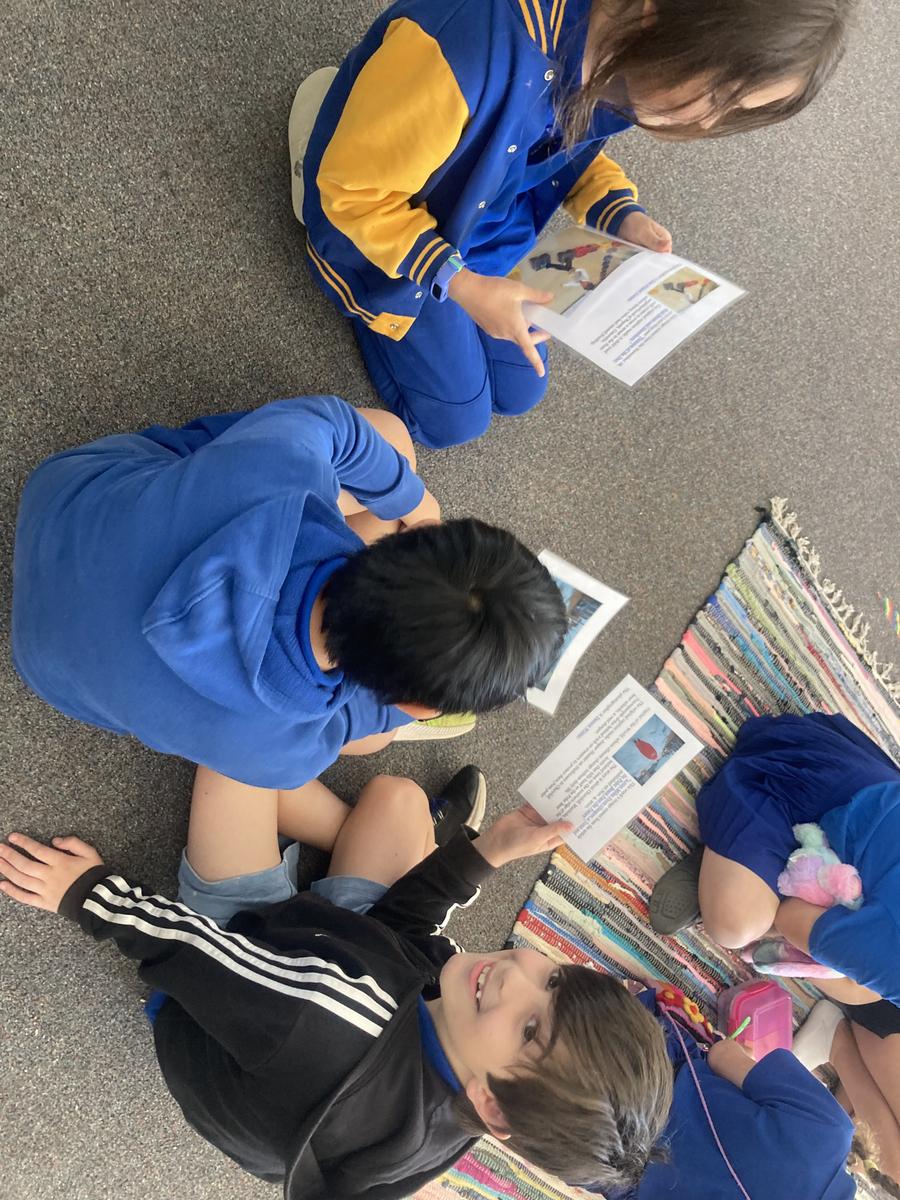
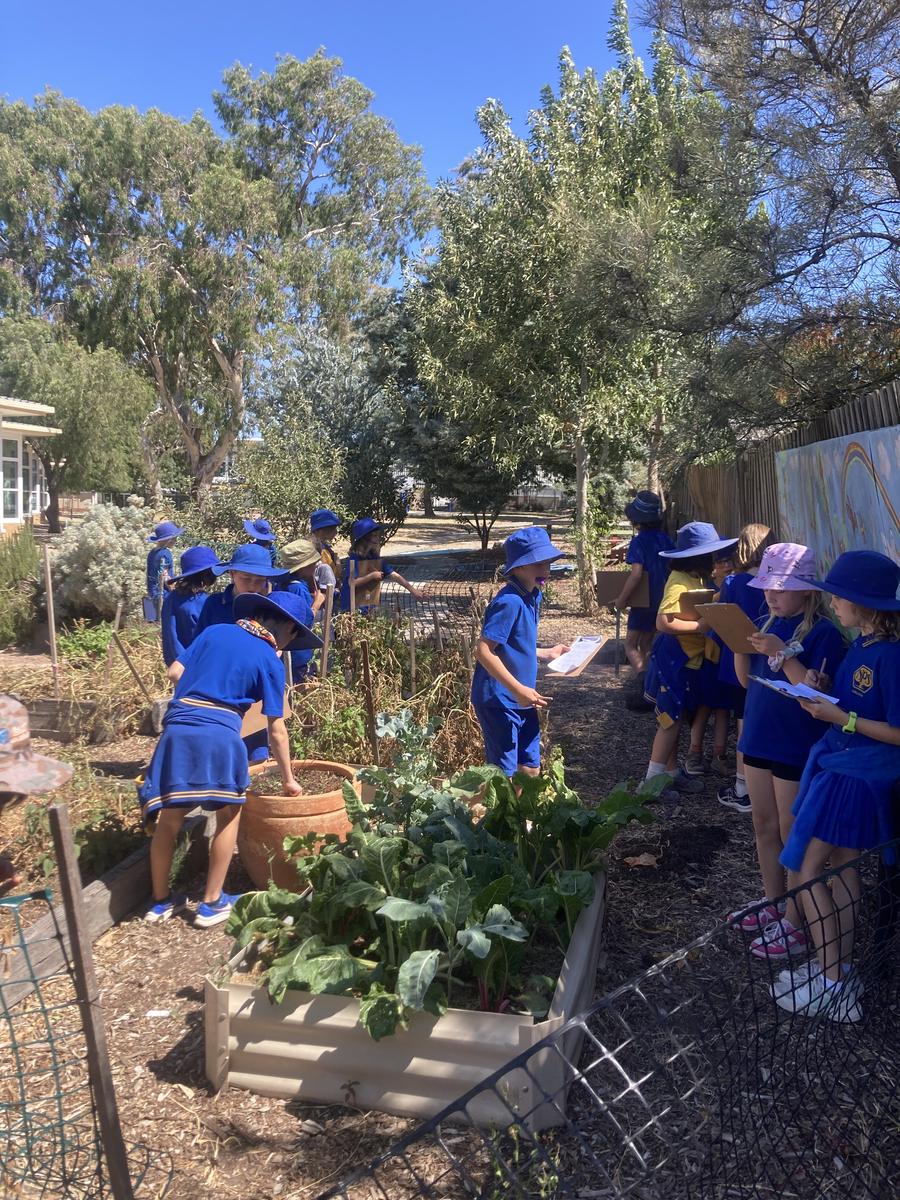
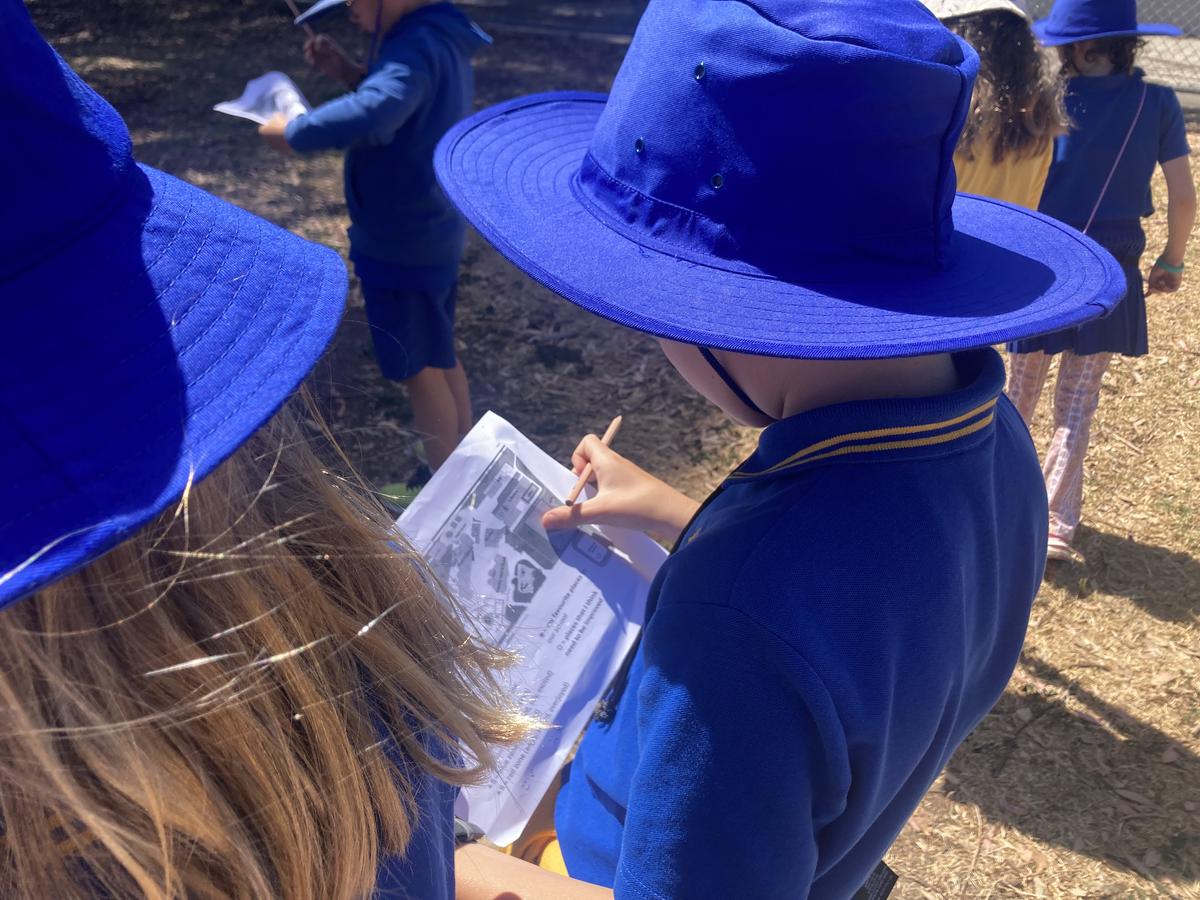
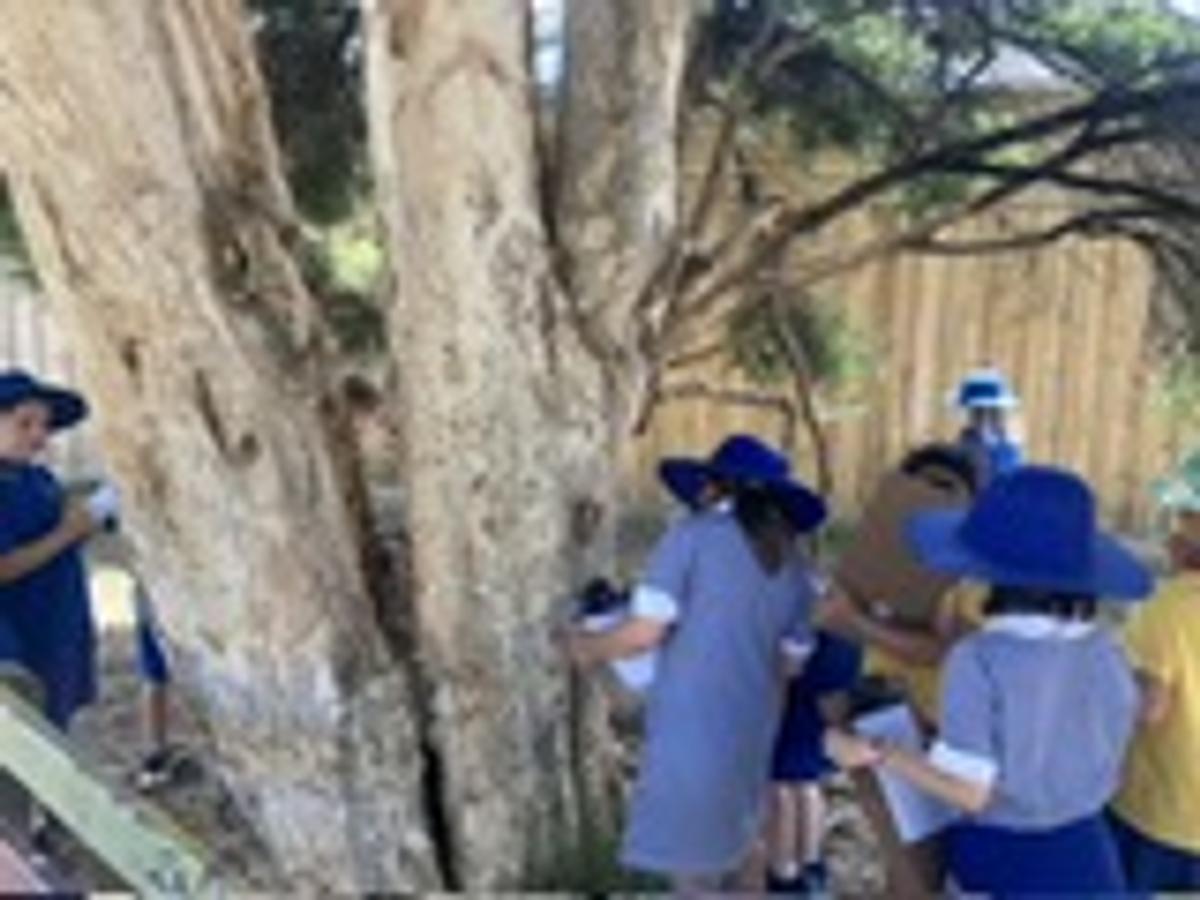









What most 1/2s and 3/4s have also done, to think more deeply and make thinking visible: Nature is.... Nature is not....
With most classes, we have done a thinking routine to explore students' thinking around what nature is. In Venn Diagrams, students could express what they believe to be nature, and what nature isn't. Here's a snippet from a very interesting conversation with one class:
Milana: (sharing what she classified nature as) nature is living things and home to all animals.
Me: That’s really interesting. That made me wonder if there are any living things that aren’t nature
Phoebe: Yes! We aren’t nature!
Alexander: No, humans are nature because some humans care about nature and don’t kill animals for fun and chop down trees for fun, and some people like Aboriginal people don’t want animals to go extinct.
Felix: some people do that (killing animals) for food, not for fun
Odie: We are animals because we have hair like animals
Leroy: We used to be apes but we’re not apes but we’re still related, so I think we are part of nature. We used to have tails but our tails shrunk down, and dropped off and we became humans.
Again, please check out this form in the hope that you have some experience that could help the inquiry projects for the1/2s or 3/4s: https://forms.office.com/r/zUEtcGZn4S